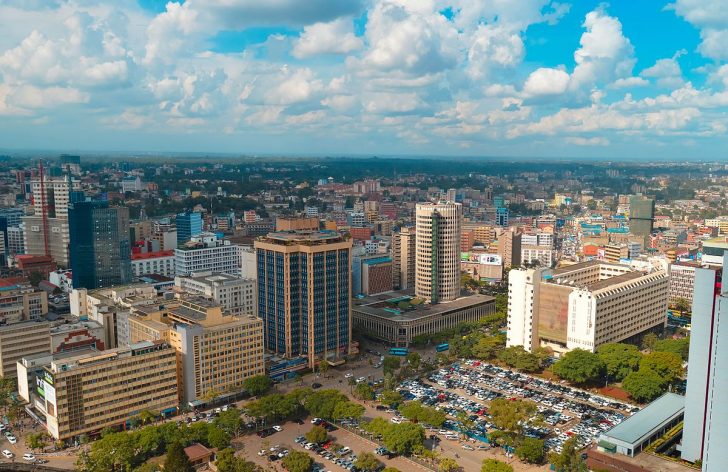The Kenya Revenue Authority (KRA) is set to hire 2,000 more staff members as it ramps up efforts to curb tax evasion.
The taxman is eyeing officers to pursue cases of tax evasion by high net worth individuals. Primarily, the investigation and enforcement officers will scrutinize individuals’ tax remittances, their sources of income and expenditure.
The Finance and National Planning Committee in the National Assembly directed the Treasury to provide funds for recruitment of the staff.
“The National Treasury should allocate additional funds under the Supplementary Estimates 1 to employ additional 2, 000 staff,” the committee noted in a report tabled before the house. It, however, failed to specify the amounts.
The report came against the backdrop of KRA advertising senior investigation positions on Tuesday, January 12.

“KRA is seeking result-oriented, self-driven individuals with high integrity to fill the vacant positions” the taxman noted.
READ>>>>>Out-of-Wiggle Room KRA Dangles Tax Amnesty to Kenyans
With a January 21 deadline for submission of applications, positions to be filled include supervisor in-charge of investigations, manager investigations, assistant manager investigations, assistant manager operations, chief manager investigations, data analysis and reporting and assistant manager prosecution.
In recent years, KRA has been hiring more investigation and enforcement officers in a bid to stem revenue collection shortfalls.
In the last quarter of 2019, it was allocated Ksh2 billion to hire 1,000 intelligence and enforcement officers focused on high net worth individuals.
With an economy ravaged by Covid-19, KRA has its work cut out to meet revenue collection targets, set by the Treasury at Ksh1.42 trillion for the year to June.
For the three months to September 2020, for example, KRA missed its payroll and consumption tax collection targets posting a shortfall of Ksh62.5 billion.
Data from the treasury indicated that the shortfall was driven by lay-offs and wage cuts undertaken by businesses in response to the Covid-19 pandemic.
Pandemic tax relief measures introduced in April 2020 also contributed to the shortfall. The relief measures were, however, were lifted as of December 31, 2020 with rates reverting to pre-pandemic levels.














Leave a comment